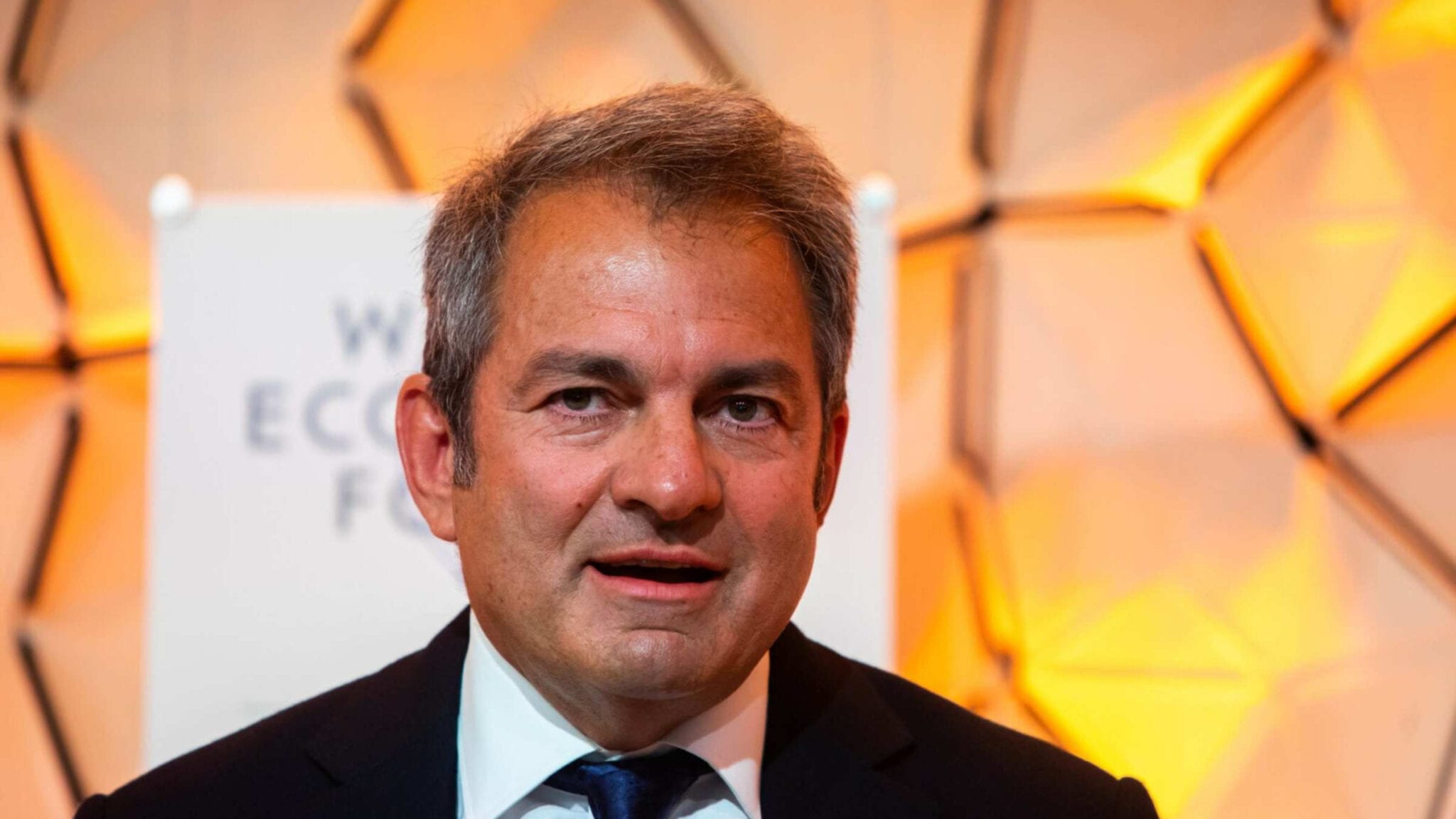
Biogen bets $60M upfront that a new antisense candidate from Ionis can one-up Spinraza
As Biogen stares down an impending patent cliff for its spinal muscular atrophy blockbuster Spinraza, it’s betting $60 million that a new antisense oligonucleotide from Ionis will help keep the company’s lead in that space.
Building on a yearslong relationship with Ionis, Biogen plumped down $60 million just before the new year to secure commercial and development rights to BIIB115, a preclinical SMA drug looking to one-up Spinraza, the companies announced Tuesday. The latter raked in just over $2 billion last year (a slight decrease from the year before) but faces a patent expiration as early as 2023.
Unlock this article instantly by becoming a free subscriber.
You’ll get access to free articles each month, plus you can customize what newsletters get delivered to your inbox each week, including breaking news.